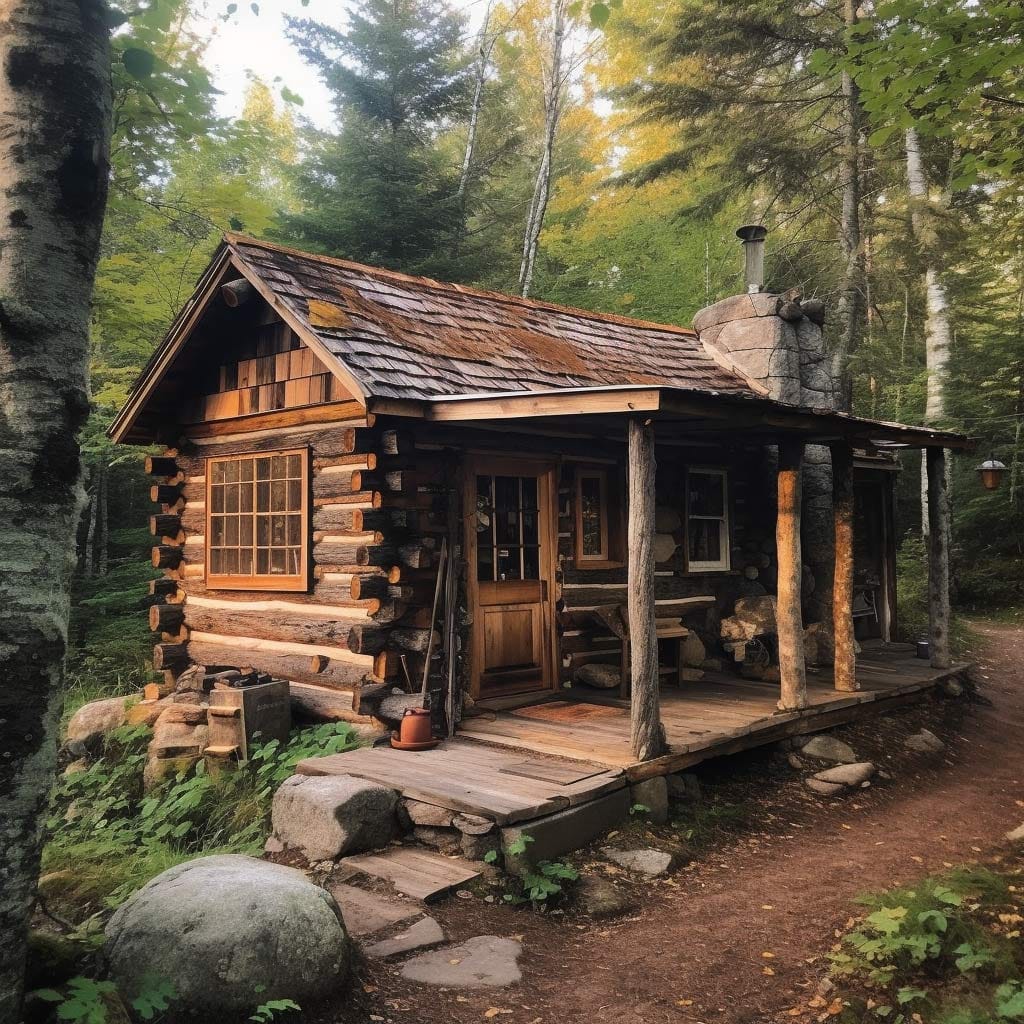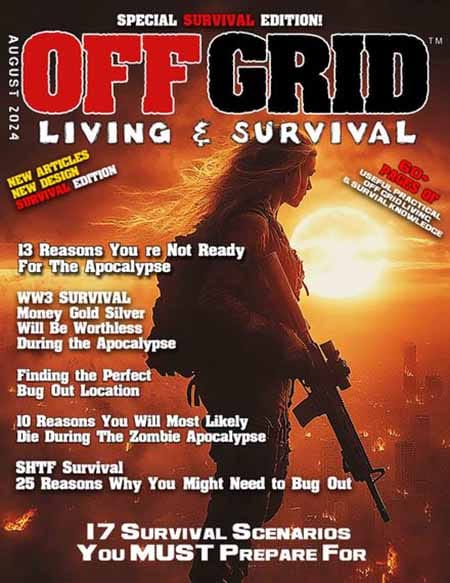Living off the grid is all about FREEDOM

Living off the grid is a lifestyle choice that is becoming increasingly popular in today's world. It is all about freedom - freedom from the constraints of the traditional grid-tied electrical system, freedom from dependence on fossil fuels, and freedom from the constant demands of modern society.
The traditional grid-tied electrical system is dependent on fossil fuels and is subject to frequent outages and blackouts. Living off the grid means generating your own electricity through renewable sources such as solar, wind, and hydro power. This not only reduces your dependence on fossil fuels, but it also allows for greater self-sufficiency and autonomy.
When living off the grid, you are no longer at the mercy of utility companies and their often-unpredictable pricing. Instead, you have the freedom to produce your own energy and use it as you see fit. This can result in significant cost savings over time, and it allows you to control your own energy consumption.
Another aspect of living off the grid is the freedom it provides from the constant demands of modern society. The fast-paced, technology-driven world we live in can be overwhelming and stressful. Living off the grid allows you to disconnect from the constant noise and distractions of modern life and reconnect with nature. It allows you to live a simpler, more self-sufficient life, free from the constant demands of the modern world.
Living off the grid also means being more environmentally conscious. Renewable energy sources are much cleaner and more sustainable than fossil fuels, and by generating your own electricity, you are reducing your carbon footprint and doing your part to help preserve the environment.
There are many ways to live off the grid, from building your own solar or wind power system, to living in a tiny home or off-grid community. The key is to find the approach that works best for you and your lifestyle.
For those who are considering living off the grid, it's important to understand that it's not for everyone. It requires a certain level of self-sufficiency, resourcefulness, and a willingness to live a simpler life. But for those who are willing to make the commitment, the rewards are many - greater autonomy, cost savings, a deeper connection with nature, and a sense of freedom that is hard to find in the modern world.
Living off the grid is all about freedom - freedom from the constraints of the traditional grid-tied electrical system, freedom from dependence on fossil fuels, and freedom from the constant demands of modern society. It is a lifestyle choice that requires commitment and resourcefulness, but the rewards are well worth it. It allows individuals to be self-sufficient, environmentally conscious, and to live a simpler, more fulfilling life.
However, living off the grid also comes with its own set of challenges. One of the biggest challenges is the initial cost of setting up the necessary equipment and infrastructure. Solar panels, wind turbines, batteries, and other equipment can be expensive and may require a significant investment. Additionally, some areas may have regulations and zoning laws that make it difficult to live off the grid, which can add to the cost and complexity of the transition.
Another challenge is the lack of access to certain amenities and services that are taken for granted on the grid. For example, living off the grid may mean that you do not have access to running water, reliable internet or phone service, or medical facilities. It is important to research and plan for these potential challenges and ensure that you are prepared to handle them before making the transition to off-grid living.
Living off the grid also requires a certain level of self-reliance and resourcefulness. This means that you need to be able to fix things yourself and be comfortable with a certain degree of uncertainty. You will need to know how to maintain your equipment and infrastructure and be willing to learn new skills.
Despite the challenges, many people who have made the transition to off-grid living say that it is one of the best decisions they have ever made. They report feeling a sense of freedom and empowerment that is hard to find in the modern world. They also appreciate the simplicity and self-sufficiency of living off the grid.
In the end, living off the grid is not for everyone. It requires a certain level of commitment and resourcefulness. But for those who are willing to make the transition, the rewards are many. It allows individuals to be self-sufficient, environmentally conscious, and to live a simpler, more fulfilling life.
In conclusion, living off the grid is a lifestyle choice that can provide many benefits, including greater autonomy, cost savings, a deeper connection with nature, and a sense of freedom. It also comes with its own set of challenges, including initial costs, lack of access to certain amenities, and self-reliance. But for those who are willing to make the commitment, it can be a rewarding and fulfilling way of life.





